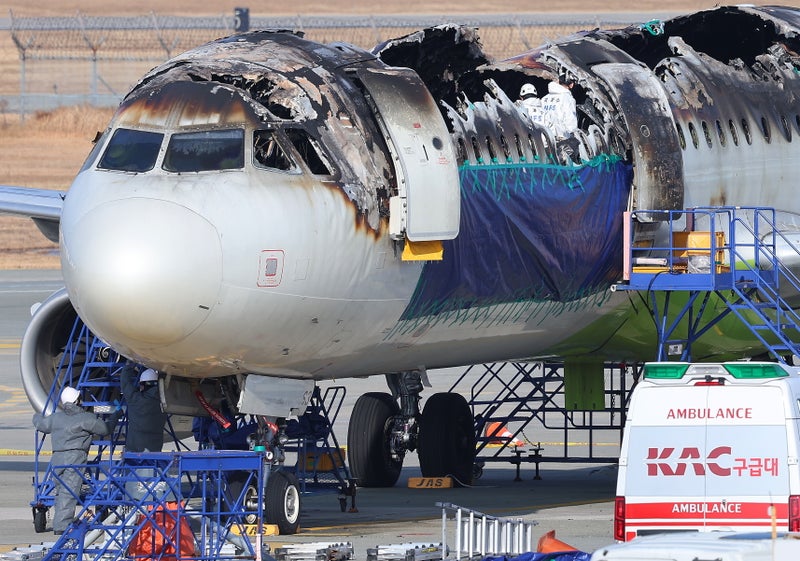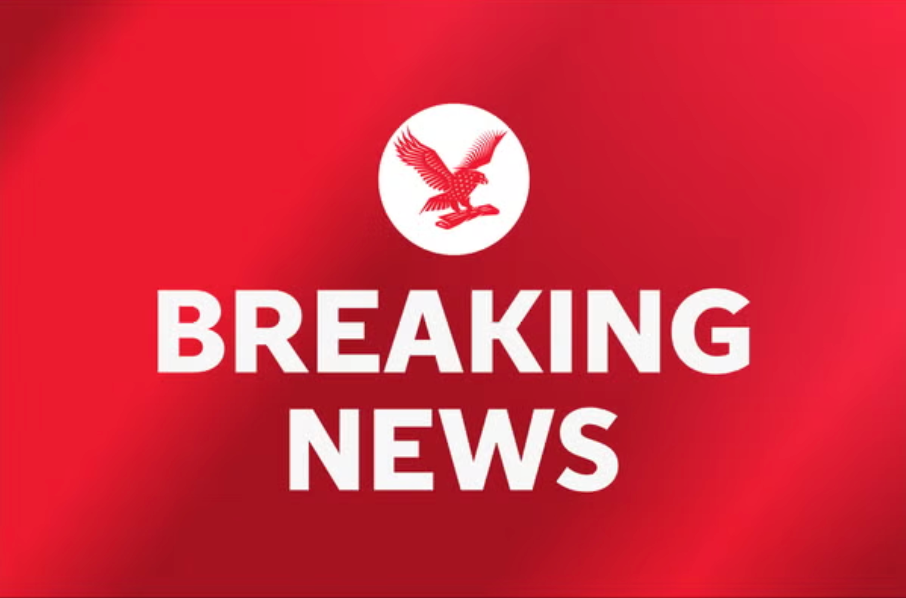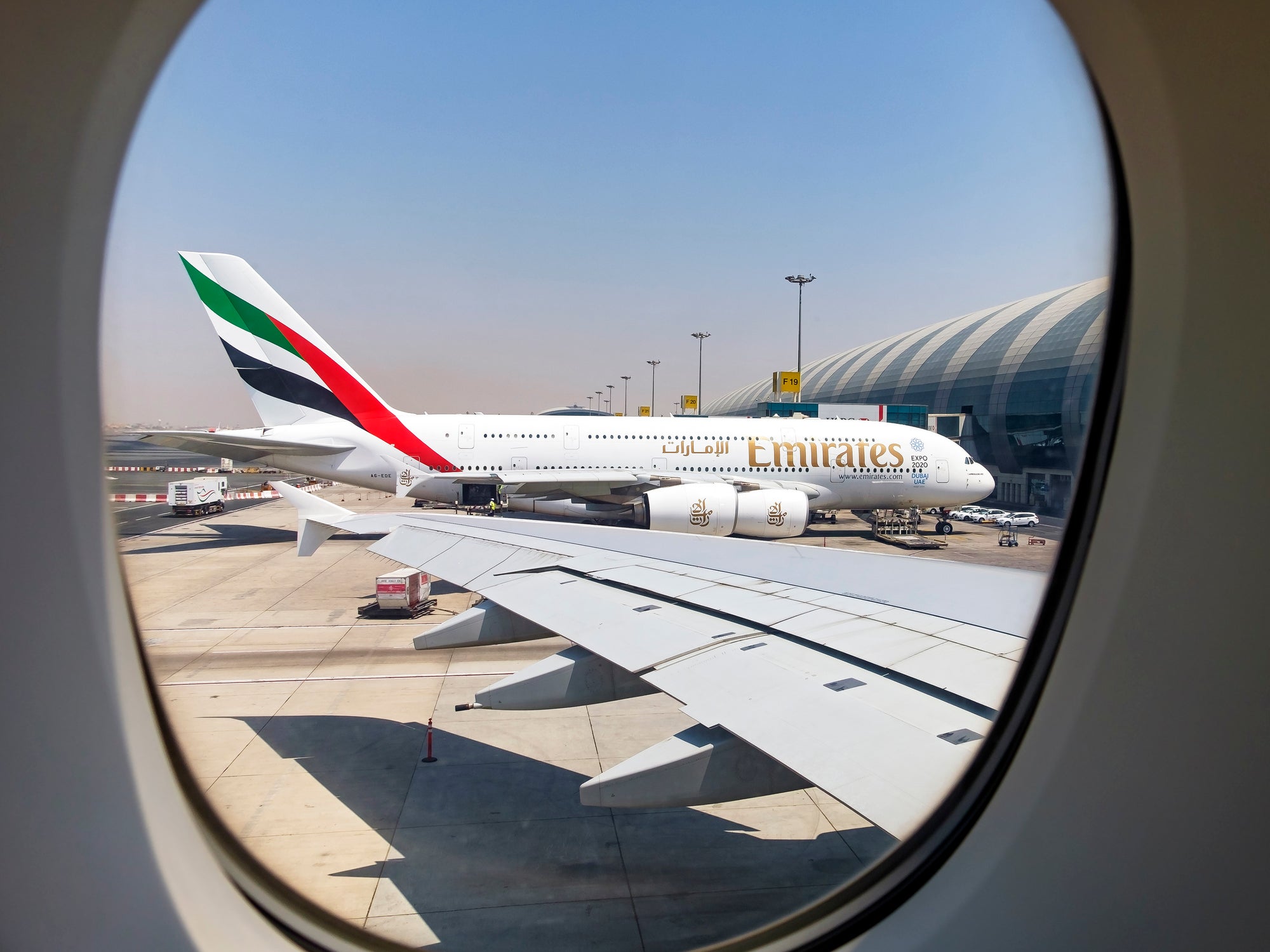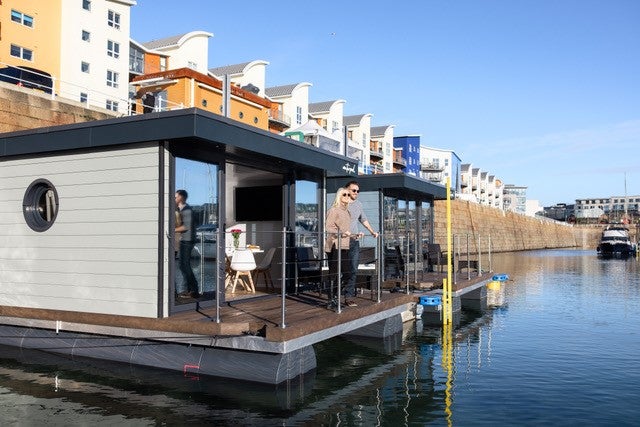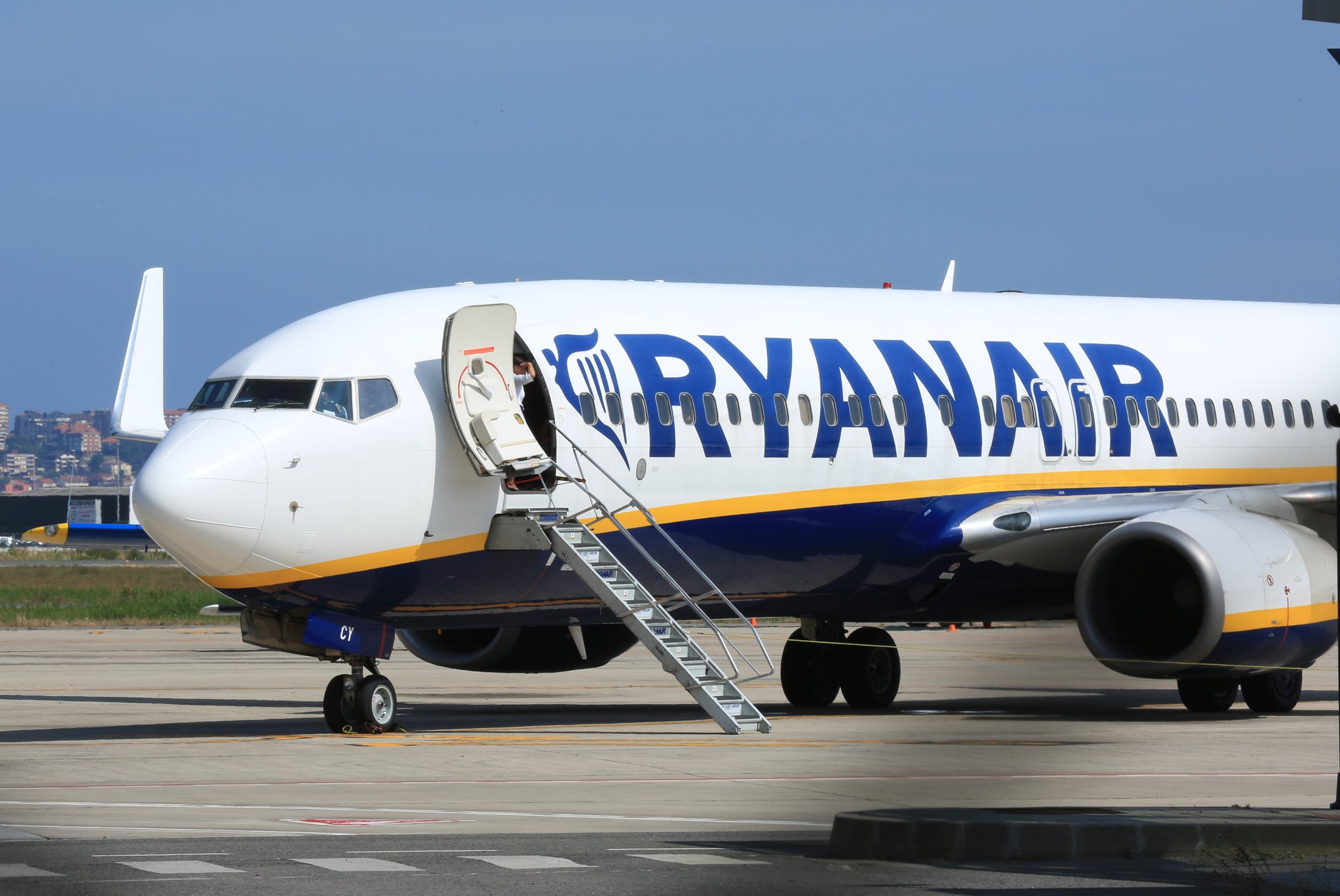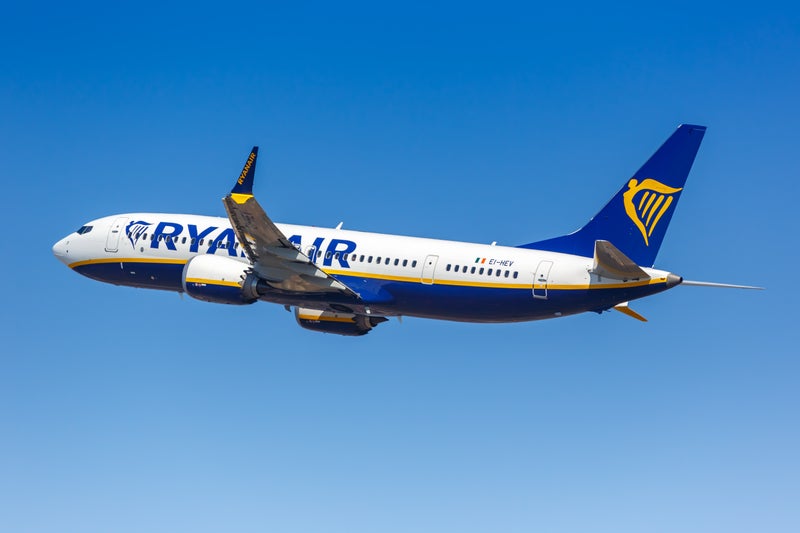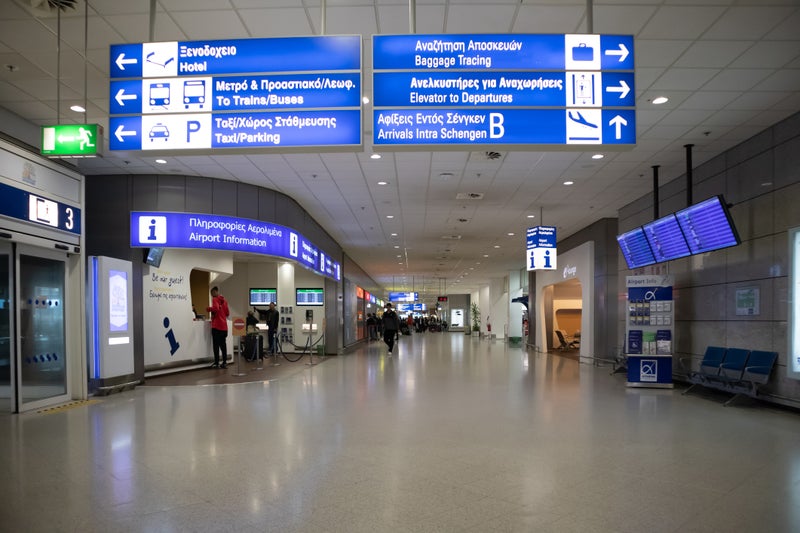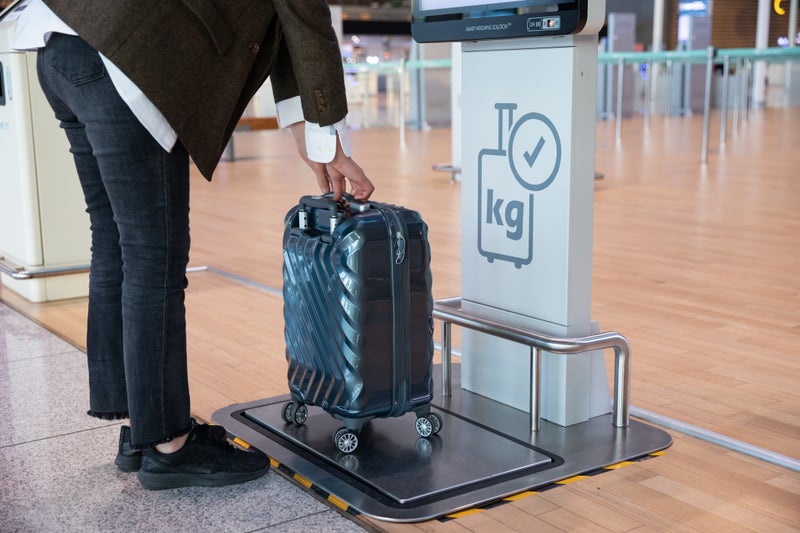Bird detection radars to be installed at all South Korea airports after Jeju Air crash
Bird detection radars to be installed at all South Korea airports after Jeju Air crash
Share:
Thermal imaging cameras and detection radars will be fitted following the deadly incident in December. All airports in South Korea have been ordered to install bird detection cameras and thermal imaging radars following the Jeju Air crash in December. On 29 December, 179 people were killed in the deadliest aviation incident on South Korean soil when an aircraft skidded off a runway at Muan International Airport and hit a concrete perimeter fence.
A preliminary investigation released last month confirmed that bird strikes played a role in the fatal crash, with feathers and blood stains from Baikal teals, a migratory duck species, found in both engines of the Boeing 737-800. Now, the country’s Ministry of Land, Infrastructure and Transport (MOLIT) has said: “All airports will be equipped with at least one thermal imaging camera.”. These radars will detect and relay the size and direction of birds to air traffic controllers and pilots.
The pilot of the Jeju Air flight had been advised by the control tower to be cautious of "bird activity" shortly before reporting that the plane had struck a bird and declaring a mayday signal at 8.59am. Currently, only four South Korean airports – Incheon, Gimpo, Gimhae and Jeju Island – have thermal imaging cameras. From March, cameras will start to be installed at all 15 domestic airports. The cameras and radars are expected to be rolled out at airports in 2026, with mobile sonic devices also introduced at aviation hubs to help deal with "medium and large sized birds".


